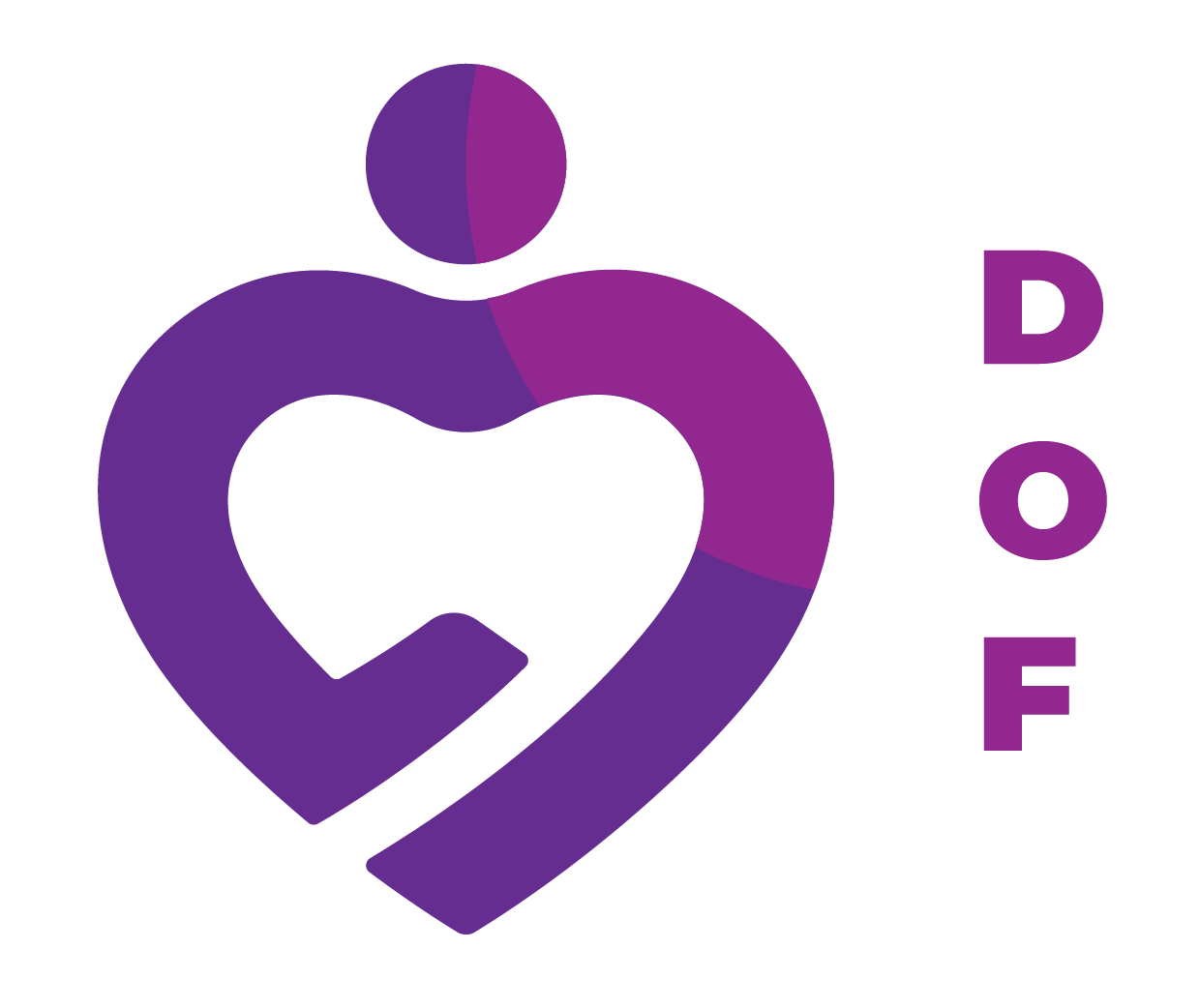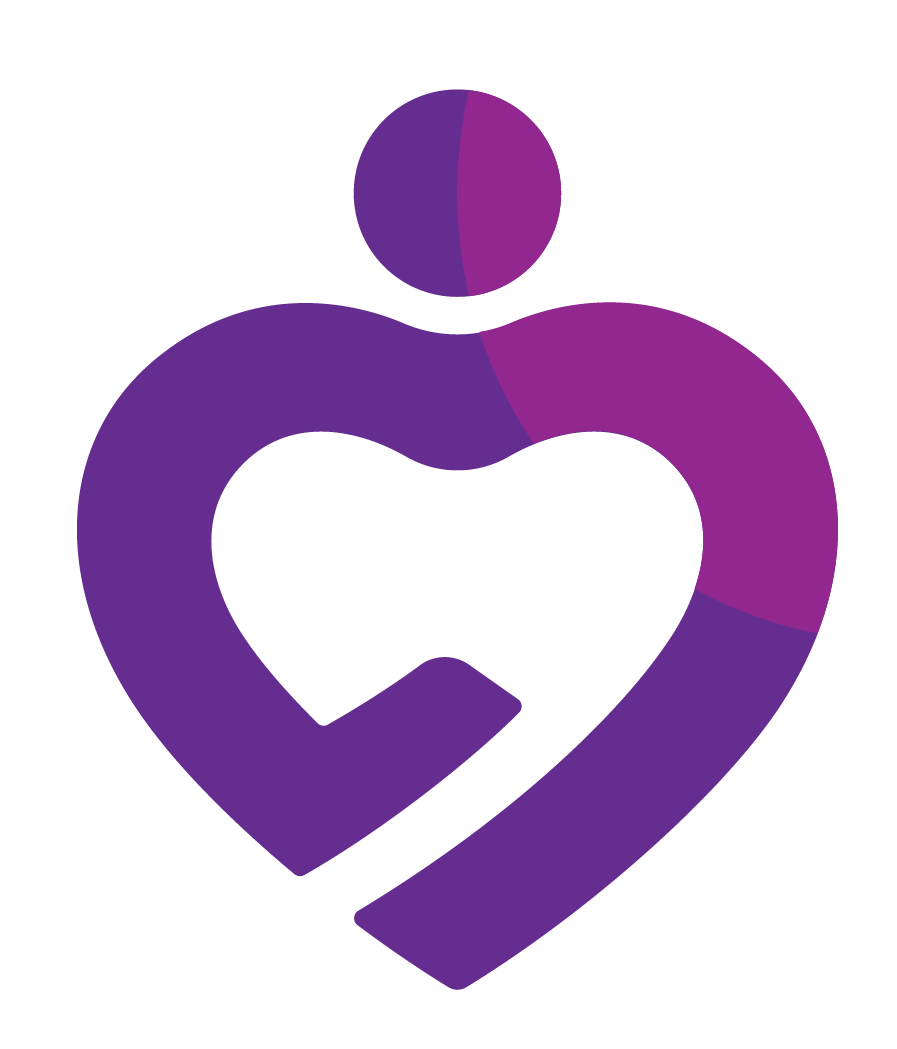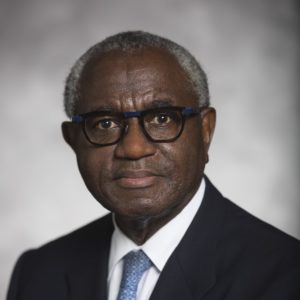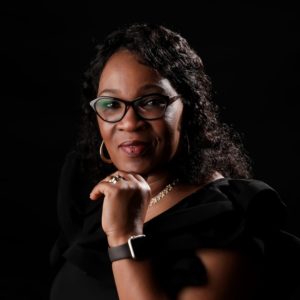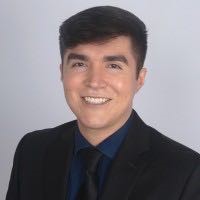What is your current title and role?
I’m a medical student at California University of Science & Medicine who will graduate in June 2023.
Where did you grow up?
I was born in the Philippines and moved to Southern California when I was 4 years old. My family initially lived in Los Angeles County before moving to Riverside County when I began high school.
Tell us about your professional (medical, nursing, allied health, etc.) school?
I obtained BS in Neuroscience & Physiology from UCSD and received MPH degree in Health Education & Promotion from California Baptist University. I currently attend California University of Science & Medicine (CUSM). The mission of CUSM to help underserved populations in the Inland Empire aligns with my goals of improving access to healthcare as a clinician. It has been great working with faculty and my peers in projects related to this goal.
Tell us about struggles and challenges in achieving your goal and how you overcame?
During my time as an undergrad, I had no idea what I wanted to do career-wise. I ended up switching my major four times and tried out different activities and internships in education, research, and medicine to explore professions I could potentially pursue. Even after graduating from undergrad, I still did not have a concrete plan on what direction I wanted to go. I worked as a clinical lab assistant but was let go from this job. Not knowing how to move forward, I had the opportunity to visit my home country, the Philippines. After spending time at a hospital in a rural province, something clicked in me: I wanted to pursue community medicine to assist those experiencing barriers to healthcare access. I started an MPH program at a local university and eventually got accepted to CUSM. I am proud to say I am a recipient of the Inland Empire Health Plan Scholarship and will be practicing in the community I now call home after my residency.
Please share with us about your family and your support group.
My parents and siblings thankfully live close by and have been my biggest support system. Most of them also work in the healthcare field and I am grateful to have people I can share both my accomplishments and my failures with.
Please share a memorable experience from your training that has stayed with you till today.
I was involved in the care of an elderly patient who had elevated potassium levels due to her end stage renal disease. She was adamant about not getting dialysis because she had seen her close peers pass away a few months after receiving dialysis. We gave her medications that would decrease her potassium levels as a short-term alternative. As a medical student, I had the opportunity to engage in a lengthy conversation with her about her views on dialysis. I realized she had a few gaps in knowledge regarding the dialysis process and I created a presentation for her on what to expect when going through dialysis. She then shared with me her fear of being kicked out from her home as she believed her roommates would view her receiving dialysis as a burden. During patient rounds later that day, she mentioned she was considering receiving dialysis. However, she wanted to speak to her PCP first before moving forward with the decision. Unfortunately, I found out this patient passed away a few weeks later. Although we informed her of the benefits and risks of her treatment options, we as healthcare professionals respected this patient’s autonomy by letting her decide what treatments she wanted to receive. This experience showed me the importance of developing good physician-patient relationships.
Please share a memorable teaching moment.
During my preclinical years, my school would have our learning groups present a clinical case each week. We would have to diagnose a patient with the history, physical exam findings, and lab orders the clinical faculty provided. One week, I was very confident the neurological deficits a patient had in one of these clinical cases was from multiple sclerosis, so I convinced my group of this diagnosis even when another team member thought it was from a stroke. This imaginary patient turned out to actually have a stroke and I was embarrassed I did not listen to my classmate more as I was so confident in my diagnosis. Although I made this mistake, it did teach me the importance of teamwork and humility in the healthcare field.
Please share a highlight from your practice/current role.
As a medical student, I still have a lot to learn. However, one advantage of being a student is that I have a lot more time to spend with my patients compared to my attending doctors and supervising residents. I remember getting a very detailed history from a patient and finding out they had a history of DVTs a long time ago, which my attending doctor was surprised about. This new piece of information helped shape the patient’s plan of care and I felt like I was able to contribute to the rest of the team even as a student.
What do you like and dislike the most about working in healthcare?
Being able to help patients with their medical problems is a great privilege. These individuals leave themselves vulnerable during the process of figuring out what is going on with them, and I like being able to work together with my patients to determine what the best course of action for them is.
What are three things that you are grateful for?
I am grateful for my family, my mentors, and my close friends for always being available to provide guidance and support when I need it.
What excites you outside medicine?
I am crazy about fitness and nutrition! Whether it be at the gym, a hiking trail, the beach or the snow, I love getting to move around through different activities. When I’m not moving around, you can find me at the kitchen preparing healthy meals for the upcoming week
What advice do you have for students interested in healthcare?
Explore the healthcare field as much as possible! There’s a lot of different professions in this field and it’s great to get an early understanding of how exactly everyone works together to provide patient care. Plus, you may find that you like the responsibilities of certain healthcare roles better than others and it’s helpful to know those preferences as you decide what you want to do career-wise.
What do you think the student of today needs to be successful in matriculating and graduating from professional school (medicine, nursing, allied health, pharmacy)?
It’s getting more and more competitive to get into health professional schools. Having an overarching, flexible plan you can follow is key to being successful in both getting into and graduating from these schools. Setting goals and prioritizing tasks are lifelong skills that I believe are important in being successful in both your professional and personal life.
How would you advise or guide students to develop leadership skills, community outreach experience, research opportunities and clinical shadowing?
I am involved with the free clinic my school is establishing, the Inland Empire Free Clinic. We work together with clinical faculty to provide free primary care to those without insurance. I would use my experience in this activity to guide students as the free clinic incorporates leadership skills, community outreach, and clinical skills.
How can we support and guide students to achieve good grades and be successful in standardized exams?
One of my favorite concepts I was taught in the education courses I took during undergrad is the concept of meta-cognition. Meta-cognition is about being aware of your though process. I believe we can support students in achieving academic success by promoting this valuable skill. Students are practice meta-cognition understand what works and doesn’t work with their studying. This makes studying more effective.
